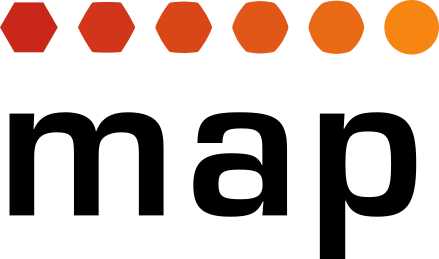More than 200 researchers from FAU are cited particularly often
2 MAP lectures and all in all 216 scientists from FAU among the top two percent of most frequently cited researchers worldwide
According to a recent study, more than 200 researchers at FAU belong to the top two percent of the most frequently cited academics worldwide. The list was published by a team of researchers from Stanford University after evaluating the Scopus database, the largest database of abstracts and citations for peer-reviewed literature from the Elsevier publishing house.
In October 2023, this overview included approximately 210,000 researchers in the most frequently cited two percent. In Germany, a total of just over 10,000 scientists are listed, including 216 from FAU.
| Subject area | Number of FAU researchers |
| Agriculture, Fisheries & Forestry | 1 |
| Biology | 2 |
| Biomedical Research | 16 |
| Built Environment & Design | 1 |
| Chemistry | 17 |
| Clinical Medicine | 96 |
| Communication & Textual Studies | 1 |
| Earth & Environmental Sciences | 5 |
| Economics & Business | 1 |
| Enabling & Strategic Technologies | 22 |
| Engineering | 9 |
| Information & Communication Technologies | 10 |
| Mathematics & Statistics | 2 |
| Physics & Astronomy | 28 |
| Psychology & Cognitive Sciences | 4 |
| Social Sciences | 1 |
| Overall results | 216 |
FAU scientists who are among the top 50 in their areas of expertise:
| Rank in academic field | Name | Academic field |
| 4 | Georg Schett | Arthritis & Rheumatology |
| 6 | Markus F. Neurath | Gastroenterology & Hepatology |
| 9 | Abbas Agaimy | Pathology |
| 10 | Donat P. Häder | Biophysics |
| 22 | Aldo R. Boccaccini | Materials – MAP lecturer |
| 45 | Matthias Thommes | Chemical Physics – MAP lecturer |
| 47 | Yesim Erim | Psychoanalysis |
| 50 | Enrique Zuazua | General Mathematics |
Methodology
The publication data on which the study is based were extracted from Scopus in October 2023 and refer to the citation year 2022. The database with the most frequently cited two percent of researchers was created in Scopus based on factors including citations, the h-index and citations of publications with various author positions. The database was created for the first time in 2019 by Prof. Dr. John P.A. Ioannidis from Stanford University and colleagues and has been updated annually since. Further information is available on the Elsevier website.

